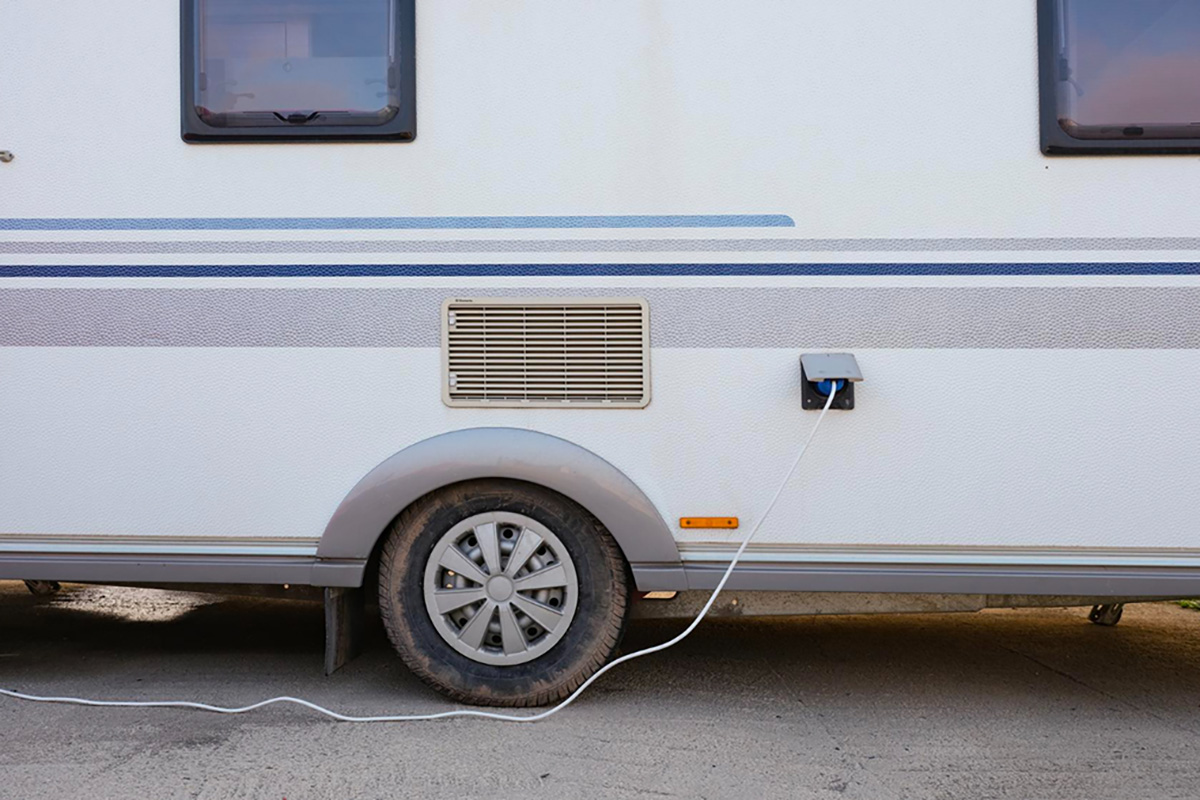
For RV enthusiasts, having a basic understanding of the electrical system within their RV is essential knowledge. Whether you're planning an extended trip or just a weekend getaway, understanding how the electrical system works and how to properly maintain it is crucial for a safe and enjoyable experience. In this blog post, we'll discuss all the basics you need to know about RV electricals.
An RV electrical system can be divided into two main components: 120V AC power and 12V DC power. The 120V AC power is similar to that of a regular house, while the 12V DC power is powered by the RV's battery. The AC power can come from a power grid or generator.
Electrical safety in an RV is just as important as at home. Always turn off the main circuit breaker when connecting or disconnecting from shore power. Carry a voltage meter to test the outlets and never overload the circuit by plugging in too many electrical devices at once. Keep all electrical cords and adapters dry and away from water.
Proper maintenance of your RV electrical system is essential to avoid any surprise issues on your trip. Regular inspections of the circuit breakers, fuses, and electrical connections are recommended. Monitor the battery level and charge it regularly. If there are any issues with the electrical system that you are not familiar with, it is important to contact a certified electrician.
There are a variety of RV electrical upgrades that can be done to enhance your RV experience. Upgrading to LED lights is a great energy-saving option. Installing solar panels is becoming increasingly popular to reduce the dependency on grid power. Additional batteries can be added to increase the battery life and power capacity.
Just like in a regular house, many RVs have a variety of electrical appliances such as refrigerators, air conditioning units, and entertainment systems. It is important to note that not all RVs have the capacity to run all of these appliances at once. The RV's electrical system should be carefully analyzed to determine which appliances can be run simultaneously without overloading the system.
In conclusion, understanding the basics of RV electricals is essential for a safe and enjoyable trip. Always prioritize safety and proper maintenance of the electrical system. Consider upgrades and analyze the electrical appliances to ensure a smooth trip. Don't hesitate to contact a certified electrician if you are unsure about any issues regarding the electrical system. If you're looking for RV park in Pleasanton, TX, contact David's RV Park today for a reservation.
